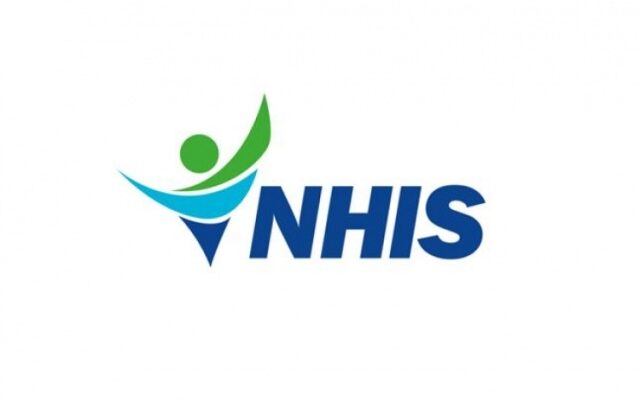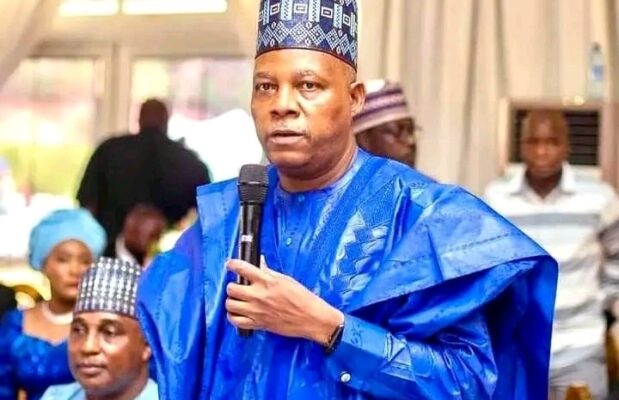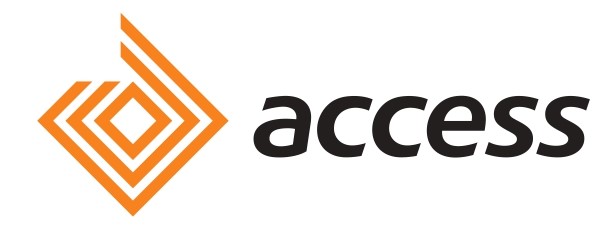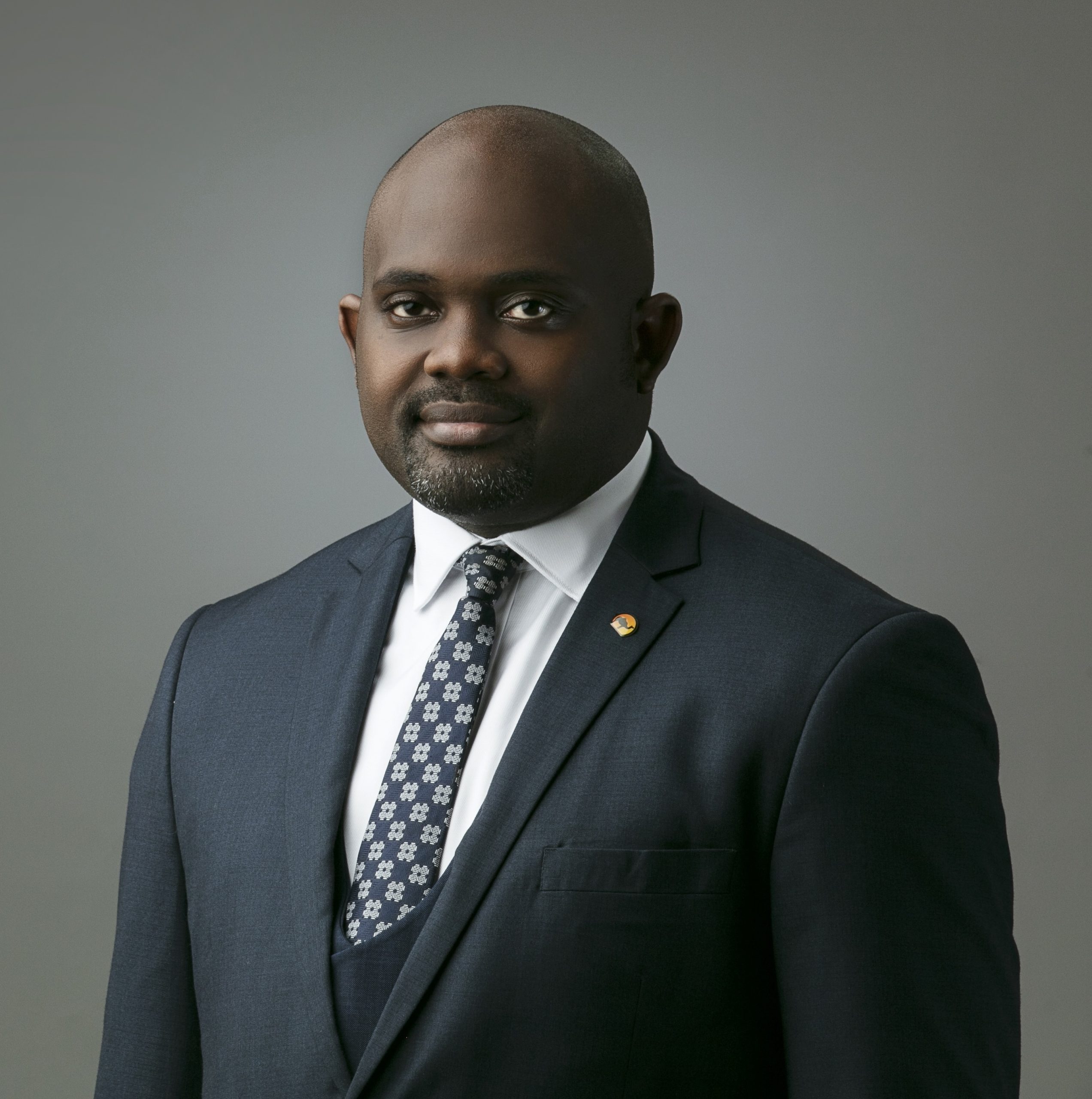Last week, the National Health Insurance Authority Bill, 2022 was signed into law by the President, Muhammadu Buhari thereby repealing the National Health Insurance Scheme (NHIS) Act which has been in existence since 2004. NHIA is an insurance model that aims to mitigate the risk of financial hardship when healthcare needs to be accessed by reducing huge out-of-pocket spending across the insured population pool. The bill is expected to ensure achievement of a Universal Health Coverage in Nigeria while ensuring provision for an estimated 83 million Nigerians who are considered poor and cannot afford to pay health insurance premium, via the Vulnerable Group Fund. Vulnerable Nigerians defined by the act include children under five, pregnant women, aged, physically, and mentally challenged persons, and indigent people.
Despite the heavy investment into the NHIA scheme since its inception in 2004, little can be marked as progress towards inclusive National health insurance. Ideally, a National Health Insurance Scheme should have a base equal to the nation’s general population. According to reports from a 2021 survey by NOI polls, about eight out of 10 Nigerians do not have health insurance. Another 2021 research data shows that only 3.0% of Nigerians are covered by health insurance. It is also worth noting that of the 3.0%, majority are in formal employment leaving those in the informal sector and vulnerable groups excluded. Another challenge faced by currently enrolled HMO users is limited coverage of health services, leaving users no choice but to supplement with out-of-pocket spending. Data from the WHO 2021 global service coverage database reveals Nigeria to have low level of service coverage and high level of catastrophic health spending.
With eight more years to NHIA’s strategic goal of 90.0% Universal Health Coverage of the population by 2030, the NHIA will then be plagued with providing satisfactory health services at the minimum on a national scale. However, affordability and cultural biases will remain a major stumbling block to wide coverage. Consequently, we believe for the health insurance scheme to be a success, the FG will need to support with necessary funding, which could be another fiscal burden, one it may not be interested in shouldering. In the end, successful implementation of the scheme will be a windfall for HMOs in Nigeria.
Source : United Capital Research













